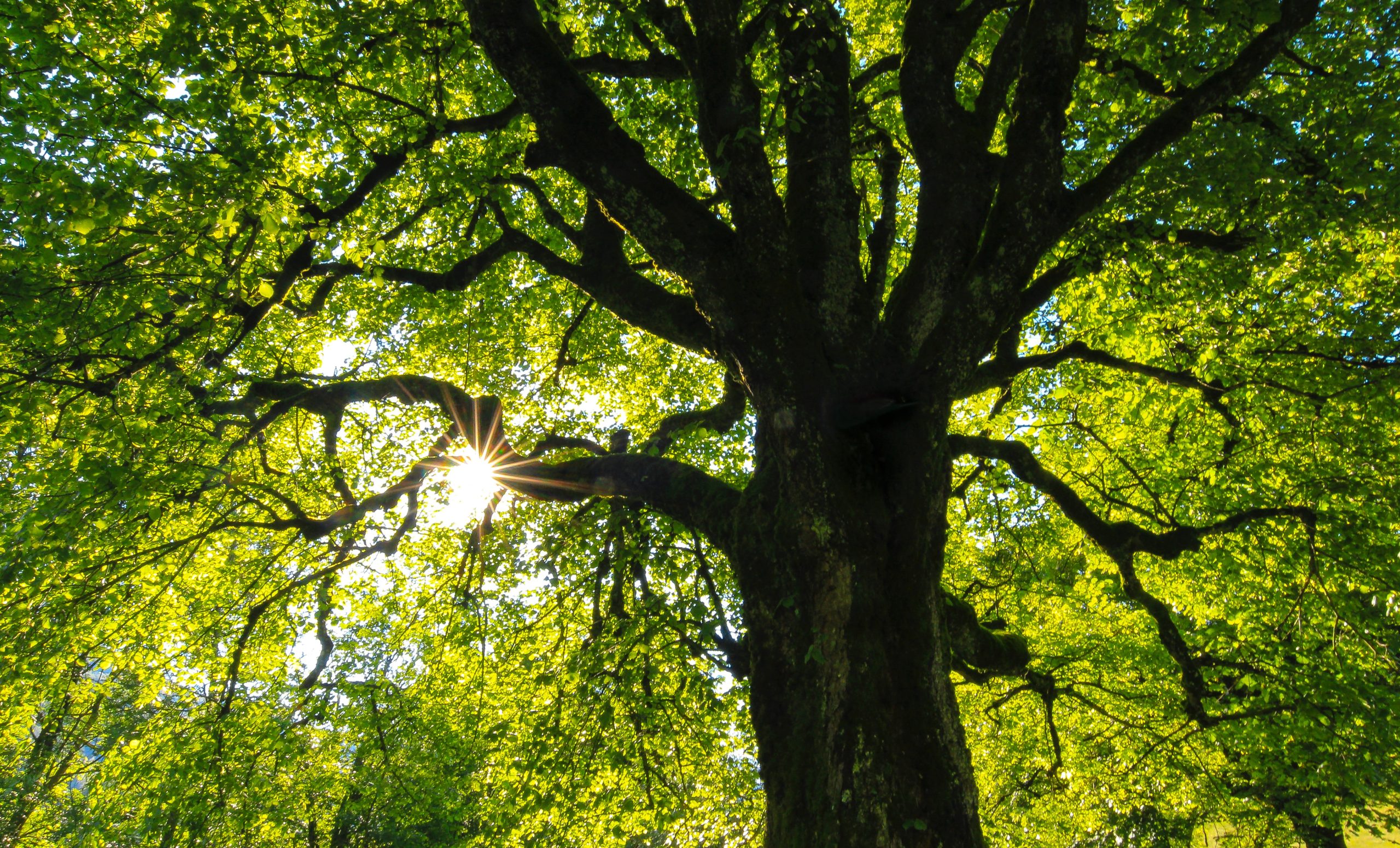Last week, CBAN participated in a global scientific conference on genetically engineering trees that happened outside Washington DC. We were part of a small international delegation sent to investigate what researchers and companies are planning. Most of the research to genetically engineer trees is focused on reducing the amount of lignin in trees to make it cheaper to process them into pulp and paper, biofuels, and other industrial products.
The conference was funded by the GE tree company FurturaGene which is owned by the massive Brazilian pulp company Suzano, the company Arauco which is building the biggest eucalyptus pulp mill in Chile, and the small US start-up company Living Carbon which is selling carbon credits based on its GE tree research. Together with the US Department of Energy and the US government’s National Science Foundation, these companies are keeping the pursuit of GE trees going despite the profound environmental risks.

Suzano controls 2.7 million hectares of land in Brazil, much of it taken from Indigenous peoples and local communities. Suzano has almost 2 million hectares of monoculture eucalyptus tree plantations and now has approval to plant their GE glyphosate-tolerant eucalyptus trees for “sustainable weed control”. However, thanks to CBAN’s successful campaign last year, Suzano cannot plant its GE trees without first leaving Forest Stewardship Council certification.
Companies are accelerating the development of gene edited trees in order to avoid regulation, because many governments have decided not to regulate gene edited plants. Thanks to CBAN, the Canadian government still regulates gene edited forest trees – the Canadian Food Inspection Agency exempted forest trees from its recent decision to deregulate gene edited crops.
Click here to read CBAN’s report about who is developing GE trees, and why.
What can we do about GE trees? What does it mean for forests if trees are genetically engineered? What does it mean for us? Join CBAN’s LeafyReads book club to help us discuss these questions. On September 29, we will discuss Braiding Sweetgrass: Indigenous Wisdom, Scientific Knowledge and the Teachings of Plants by Robin Wall Kimmerer. Click here for more information on the book club and to register.
Together with allies from around the world, we are working to stop profoundly dangerous applications of genetic engineering. Please consider your donation today. www.cban.ca/donate
